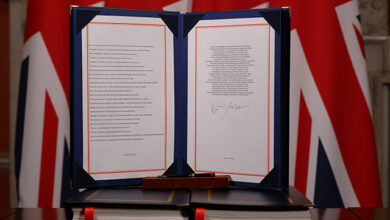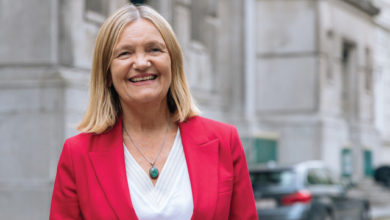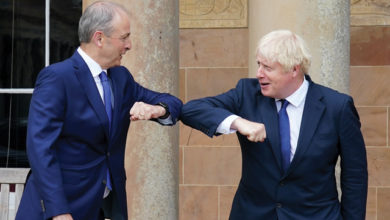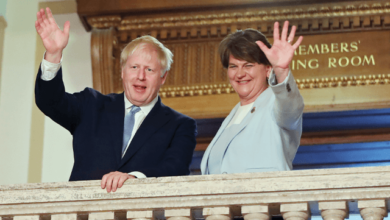North/South co-operation mapping document


European Ombudsman Emily O’Reilly has said there is “no obvious reason” not to publish the mapping document that outlines up to 150 areas of North/South co-operation to be protected after Brexit now that Withdrawal Agreement negotiations have ended.
The mapping document – which was drawn up by the British Government at the request of European Chief Negotiator Michel Barnier and has become a cornerstone of the Irish Government’s assertions about the threat Brexit poses to the Good Friday Agreement – covers “a wide array of cross-border topics such as trade, animal health, tourism, the environment, cross-border fraud prevention, the mutual recognition of professional qualifications, and farming” according to O’Reilly.
In January 2018, a complaint requesting the publication of the document was rejected by the European Commission, which claimed it was the property of the United Kingdom. However, the complainant appealed to the Ombudsman. Ruling on 9 November 2018, before Withdrawal Agreement negotiations had finished, O’Reilly said that the map is “essential to the making of informed decisions in the public interest” but ruled that publishing the document during negotiations could undermine the relationship between the UK and the Commission.
With withdrawal negotiations now over, O’Reilly told RTÉ News: “As major decisions in relation to the future of the United Kingdom and its relationship with the EU are now about to be made, there is a strong public interest case for its release.” She was backed by Taoiseach Leo Varadkar, who has said that the document should be jointly published “without delay” by the UK and the EU. Taoiseach Varadkar said that the document is “not just about trade and customs and regulation, and even things like recognising qualifications for cross border work”, and that its publication would show “everyone the extent to which so much North/South co-operation is underpinned by European law”.
In July 2018, then Secretary of State for Exiting the European Union Dominic Raab affirmed the UK’s commitment to publishing the document once negotiations had been finalised. In a further statement, released in September 2018, Parliament once again committed to publishing the document, adding that the British Government would have to “coordinate any release of information with the European Commission and the Irish Government”.
Concerns have been raised about the non-publication of the document to date, The Irish Times has made “repeated fruitless requests for its publication” and has said the secrecy has left “some observers suggesting it reflected a half-heartedness at best by the UK to its commitment to safeguarding the programmes”. Critics have also pointed to the Withdrawal Agreement’s failure to specify and number the programmes that are to be protected, which it did with the human rights programmes that are also to be guarded once the UK formally leaves the EU.





